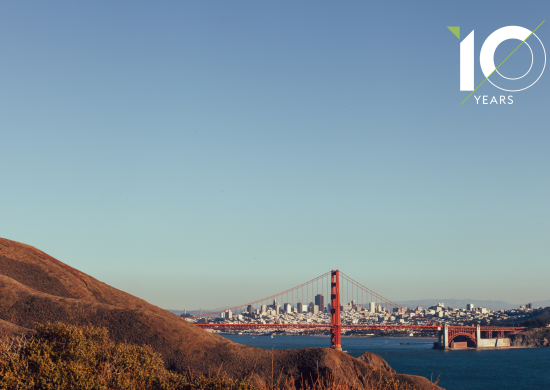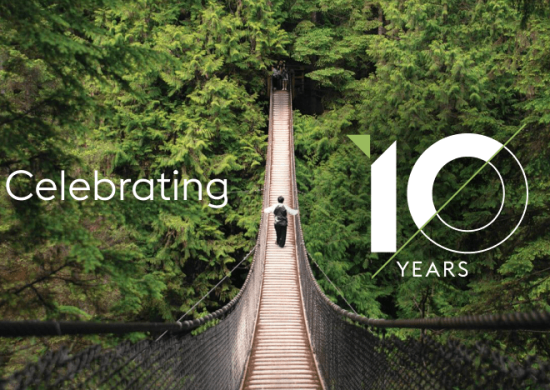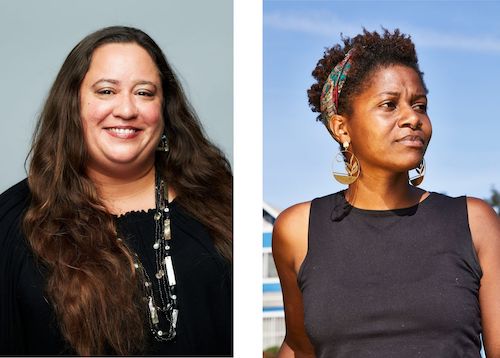As I reflect on 2018, I am thankful for the collaboration and support of so many of you in our shared work. In the spirit of that collaboration, over the last year, my colleagues and I have tried to communicate more about our work on this blog, at convenings of our grantees, and on our new website. As we look forward to the new year, in this spirit, I want to share the board meeting memo I prepared for our trustees and staff last month. Our most recent board meeting reflected an updated structure, designed to emphasize more strategic conversation. In the memo, which I wrote as the devastating Camp Fire raged in Northern California, I reference this evolution, our Foundation’s origins six years ago, and—most importantly—the challenges and opportunities before us today as we work to ensure that people and nature thrive.
All of us at the Pisces Foundation look forward to working with those of you we know in 2019 and eager to meet those of you we don’t. In the meantime, I hope you have a restful and rejuvenating season with family and friends.
* * *
This month we kick off our new approach to board meetings, one that both reflects and adjusts for our growth as a foundation and simultaneously puts us in touch with our earliest days together. Strategic conversations—integrative of the field, program, and grants—around a smaller table, welcoming the team for lunches that connect us with peers doing interesting work. All of us are excited to step into this evolution.
This memo recalls those I used to prepare in the beginning, as we were forming the Foundation. In those early days, our focus was our plans and the big picture, in part because there was no small picture. Memos like this one and our meetings, if successful, will focus on the larger trends, thinking, and strategic conversations that will keep us all engaged, questioning, and energized.
The thick smoke from the Camp Fire reminds us all of our good fortune and the almost unfathomable challenges that our neighbors are enduring. I am also reminded, as I have been frequently this year, that our work is a critical response to things that are happening to real people and to damage to the natural world that is both chronic and increasingly acute. In our mission and in our daily work we get to confront some of the biggest opportunities and challenges of our time. We have the chance to do something about them, and not simply in the small hours of a day devoted to something else. This is a great privilege.
And it is a great responsibility, one we are trying to meet in three ways. First, we are cultivating our own capacity to support grantees in delivering on our shared goals. This year, we orchestrated three meaningful grantee convenings, built a new website that shares more about our work and grants (and a system to manage the latter), enhanced a talented team, and designed and moved into a new office built for collaboration. This year we made and published commitments to our grantees—and we refreshed our own internal team values, reflecting our commitments to each other.
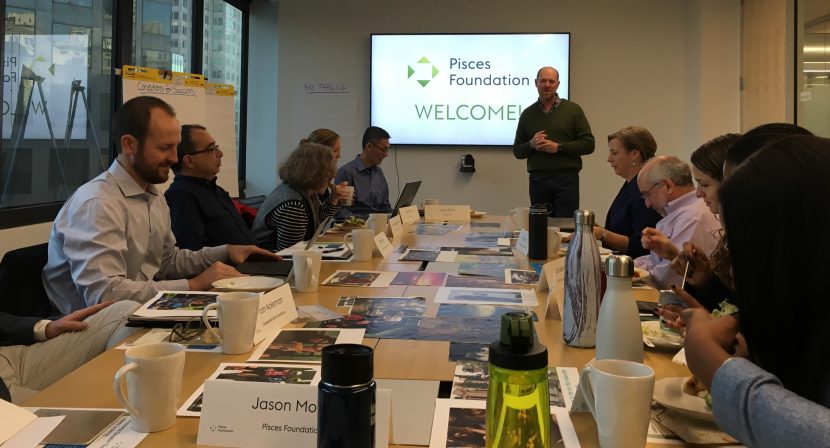
Second, we are doubling down on our principles of exploring uncharted territory, being an early mover, and thoughtful experimentation. Our programs continue to be actively managed by field leaders who are doing new things, like RFPs that provide more equitable access to our capital, ambitious efforts like Super Pollutant Day and its heroine, Super Swift (perhaps the only superhero designed and deployed by a foundation), and potentially path-breaking efforts like developing a shared narrative for the environmental education field.
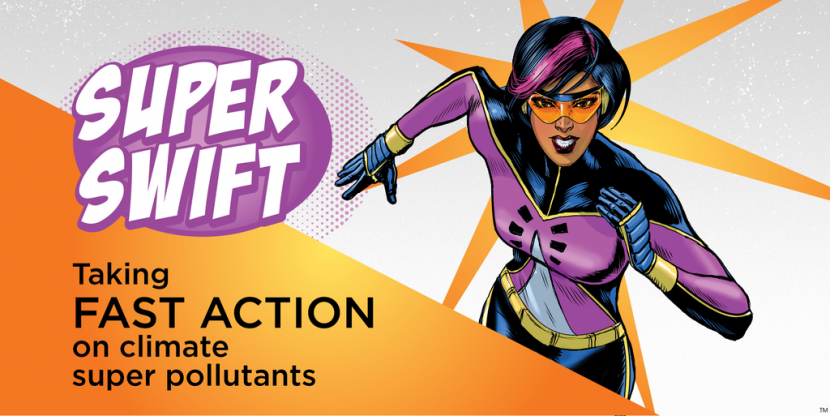
Third, and relatedly, we are grappling with the reality that our efforts and those of philanthropic peers and grantees need to add up to more to fulfill the vision of people and nature thriving together. We and our field have much to be proud of, and we, and it, continue to make the world better in ways that count. Forging a new treaty on climate. Deploying after-school programs in hundreds of locations across the country. Staving off attacks on environmental policies. These are just some examples of the ways in which we’re helping to hold the line and supporting significant progress.
But as we do this, we are open to and questioning how we can reach more of our collective goals on the timeline nature sets. This fall, in participating on various panels and inspired by an essay excerpted below, I have been making the point that the work we need to do and encourage is not only about refining traditional approaches to our work. It must also be about finding new points of leverage capable of transformational results. In the environmental field, this means—among other things—recognizing and adjusting routine ways of working together that de-rate power, advancing inclusivity, and improving the health of the system of environmental advocacy and philanthropy of which we are a part. Mosaic, the initiative we are catalyzing with others to build greater power by strengthening our field’s capacity for connection, shared goals, and scaled action, is born from this imperative.
This work requires traditional analytic thinking. But it also requires something of us—and others—that is more personal and introspective:
- “If I ask you to brainstorm verbs that we commonly associate with the environmental movement, you might come up with reduce, recycle, reuse, conserve, preserve, protect, save, clean up, bike, garden, regulate, legislate, and restore. I would argue that these actions are still necessary but no longer sufficient. Most of these words describe work we can do to help the environment, but few of them tell us how to work on ourselves in a time of environmental upheaval.”—Foreword by Cheryll Glotfelty, Veer Ecology, 2017
What is true for each of us is also true for our Foundation as a whole, as well as our field. This is a time that demands more of us than that of our predecessors. We must continue to play the instruments we know well with as much skill as we can muster. And, at the same time, we need to ask ourselves what we don’t know, and how to learn it. More than the pursuit of any policy or campaign, today this is our greatest collective opportunity.

